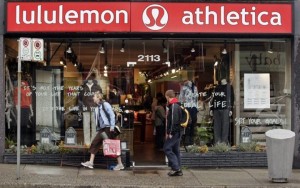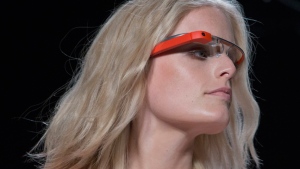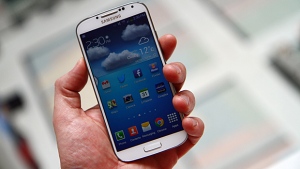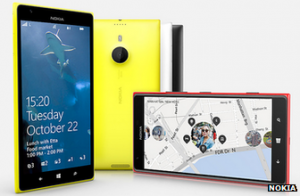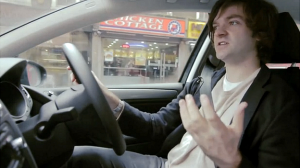
Through learning the topic “People, Culture and Team” in the class, I was especially impressed with the CEO of Zappos, Tony Hsieh. He was the man that created the miracle of the company. Under his successful leadership, Zappos has grown sales from $1.6 million to $840 million in just seven years by focusing on excellent customer service and delivering the science of happiness in the company.
I always believe that Tony is full of knowledge and has the abilities to apply the theory in the real life. The academic life in Harvard University gave him more opportunities to realize his dreams. When I was reading his article, a sentence grabbed my attention immediately; “I just liked working for Zappos.” He is such amazing and unbelievable that he can make almost everyone want to be there, even though the low wages. He built the open and honest relationships with communication, built a positive team and family spirit, pursued growth and learning in the company. All of his core values helped him understand what customers and employees want to say. Tony’s story shows that company’s culture and service decide its potential development in the future. It’s not about the money; it’s about the culture and responsibility.
Exterbal blog: http://www.crunchbase.com/person/tony-hsieh


